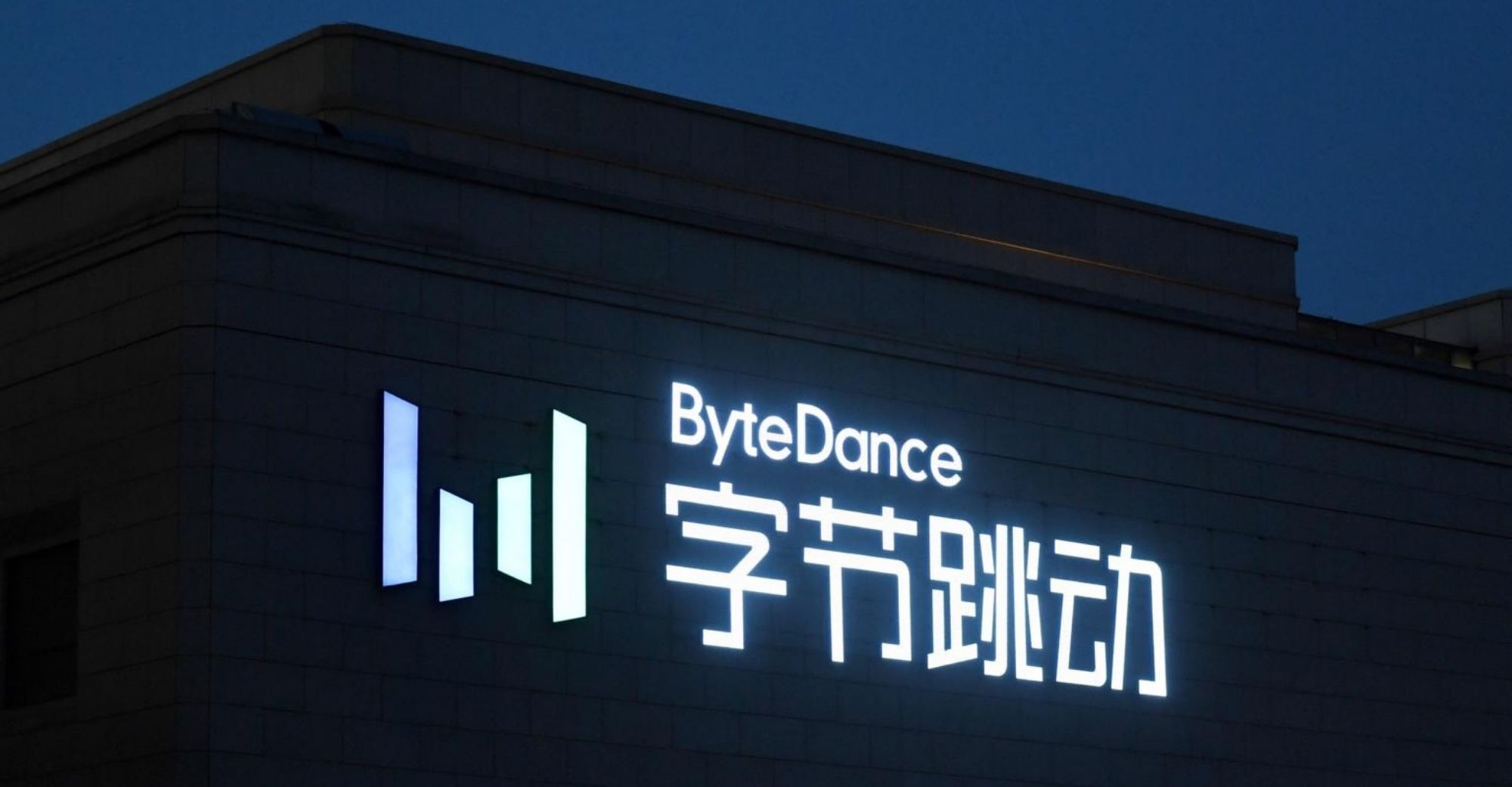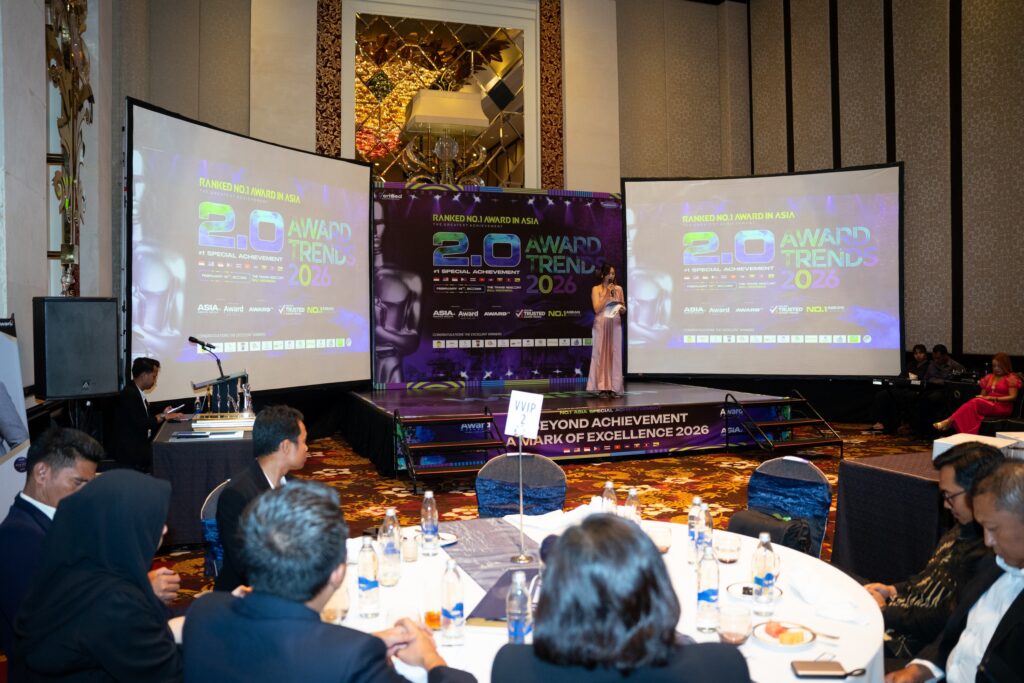ByteDance, the parent company of TikTok, has confirmed the dismissal of an intern for what it described as “malicious interference” with the development of one of its artificial intelligence (AI) models. However, the Chinese tech giant pushed back against the severity of the incident, claiming that reports of the damage caused were exaggerated and filled with inaccuracies.
The controversy erupted after social media reports over the weekend suggested that the intern’s actions had severely compromised ByteDance’s AI training process. The incident involved ByteDance’s Doubao, a generative AI model akin to ChatGPT, which has emerged as China’s most popular AI chatbot. Doubao is part of ByteDance’s larger push into AI technology, which powers many of its applications, including social media platforms and content creation tools.
In an official statement, ByteDance explained that the individual involved was part of the advertising technology team and did not have any direct experience or involvement with the company’s prestigious AI Lab. “The social media profile of this individual, along with some media reports, contains inaccuracies regarding their role and the extent of their actions,” the statement read.
ByteDance was quick to reassure its users and partners that its broader commercial AI operations, which include large-scale language models, were not disrupted by the intern’s sabotage. The company clarified that its AI-powered products, such as Doubao, continued to operate without issue, and no lasting damage was inflicted on its systems.
One of the key allegations circulating on social media was that the intern’s actions had caused upwards of $10 million in losses by disrupting a training system reliant on thousands of high-performance graphics processing units (GPUs). ByteDance, however, categorically denied this claim, stating that the figure was highly inflated and not representative of the actual situation.
The company confirmed that it had taken swift action, firing the intern in August and informing both the individual’s university and relevant industry bodies about the incident. The decision to involve external institutions suggests ByteDance’s desire to ensure that the matter is taken seriously, particularly in light of the potential ramifications for both corporate security and the AI development sector.
ByteDance has rapidly grown into one of the world’s most prominent tech companies, largely thanks to its groundbreaking algorithms that make platforms like TikTok and Douyin so appealing to users. The company is known for its expertise in AI and machine learning, and like many of its global counterparts, it is investing heavily in the future of artificial intelligence.
In addition to the Doubao chatbot, ByteDance has integrated AI into a wide array of its products and services. This includes a tool called Jimeng, which leverages AI to convert text into video. The company’s investment in AI is seen as critical to maintaining its competitive edge in both domestic and international markets, particularly as generative AI becomes an increasingly important tool in the tech industry.
The intern’s actions, though swiftly addressed, highlight the challenges tech giants face in safeguarding their AI assets. As companies like ByteDance pour resources into developing cutting-edge AI technologies, the potential for internal breaches or sabotage becomes a growing concern. While ByteDance has successfully contained this particular incident, it serves as a reminder of the importance of maintaining robust security protocols, especially when it comes to the sensitive and valuable domain of artificial intelligence.







